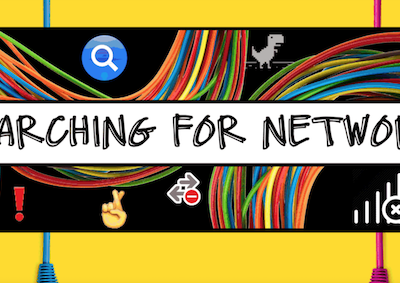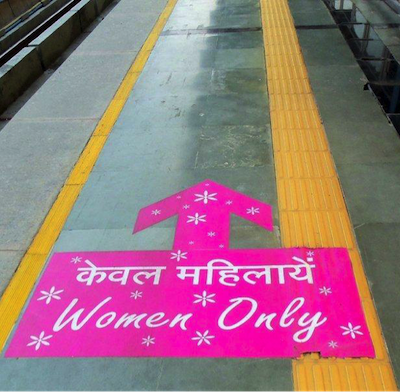Sexuality
Essentially, the ‘reclaim the night’ or ‘take back the night’ movement fights for a woman’s right to be out and about post sunset.
While some of these questions seem old, they continue to be renewed in public debate on competing claims to public spaces. Ideas about public and private spaces also speak to the ways in which caste and class shape ideas about respectability, thus marking some places as ‘safe’ and others as ‘risky’.
‘आप मटरगश्ती (लॉयटर) क्यों करना चाहेंगे?’ नारीवादी शोधकर्ता, अभिभावक, शिक्षक और सक्रियतावादी डॉ॰ शिल्पा फडके से पूछने के लिए एक बढ़िया सवाल है।
Thus, you take to the Internet, with its vast landscape of possibilities, and it becomes your means of finding queer solidarity, queer friendships, and even queer love.
The Internet is as public a space as any other – fraught with its own set of complexities – and the stigmas and moral judgments that plague our immediate physical environment often permeate into it, whether subconsciously or not.
Dr. Kalpana Viswanath, researcher, and urban safety and gender rights activist, shares her thoughts on issues of Public Safety and Sexuality with In Plainspeak. Co-founder and CEO of SafetiPin, a social enterprise that uses data and technology to build safer, more inclusive and smart cities, Kalpana has led large gender rights projects globally.
Will I write openly about what is or is not done, what is or is not meaningful when it comes to sexuality? Yes. Will I talk about BDSM and kink as a way of life, despite it being taboo for discussion? Yes, I will talk about BDSM and kink, and many other things as well, but I will not evangelise for them.
As renowned queer scholar Judith Butler said, “For those who are still looking to become possible, possibility is a necessity.” This is essential but also easier said than done.
Six years later (and out of such an abusive relationship), as I sit in a Gender Studies classroom discussing public and private spheres, being introduced to the feminist ideology of the personal being political, I reflect back and see my experiences as emerging from a complex discursive pattern. The peculiar way in which heterosexual romantic relationships are envisaged and the potentiality of them being disruptive of traditional arrangements of companionship requires them to be manifested outside of the four walls of home and family. Yet, one faces a situation of a pathetic lack of safe spaces within the public sphere and the traditional discourse of love being private and contained within the private sphere…
Choices are also influenced by our milieu, by socio-cultural norms, by the laws and strictures that operate to regulate what we may and may not do. Lest this makes it seem that we are mere puppets triggered by internal whimsy and simultaneously constrained by external forces, our contributors show that this is not so.
Whether it is family, society, gangs of thugs, or political parties, the threats to women’s freedom to choose in India are many and varied. To the above list, one may add the police and the judiciary as well.
The Indian family is changing. There’s no ‘ideal family’ defined by children or lineage. It comes in different shapes and sizes.
आज वैश्विक और स्थानीय रूप से हम जहाँ भी हैं, मैं दिल से आपको धन्यवाद देना चाहता हूँ कि आपने मुझे हमेशा ही मजबूत और निर्भीक रहना सिखाया है।
India is one of the largest consumers of porn in the world, so much so that Pornhub created a mirror site following Indian government’s ban. Definitely, not all viewers of porn end up committing sexual crimes.
This is Part Two of a ‘public interview’ that TARSHI conducted last month, where our attempt was to collate people’s thoughts, notions, and experiences surrounding the choices they make, and the choices that are accessible to them, with regards to their sexuality.















